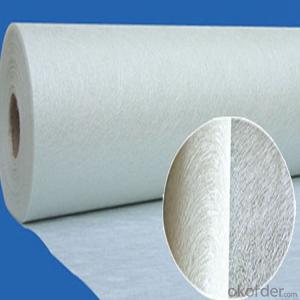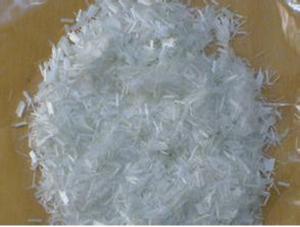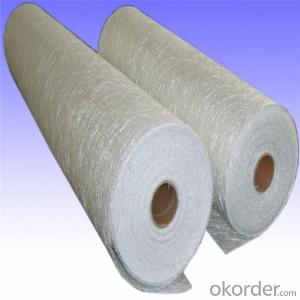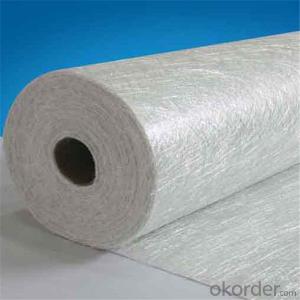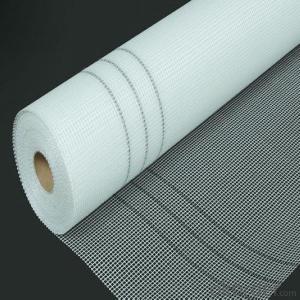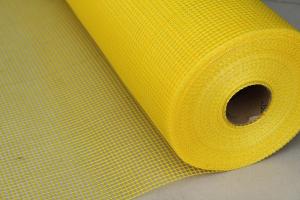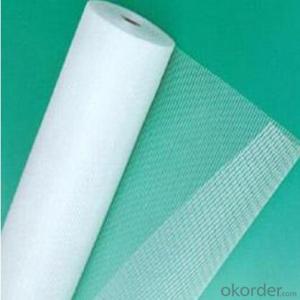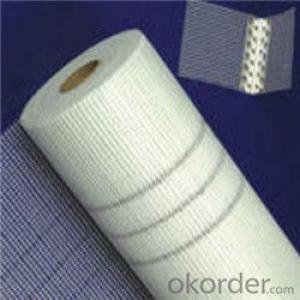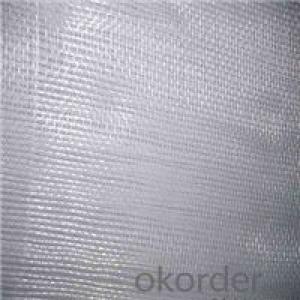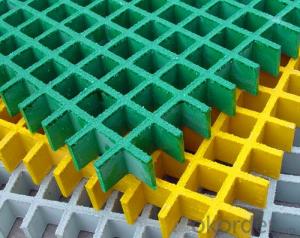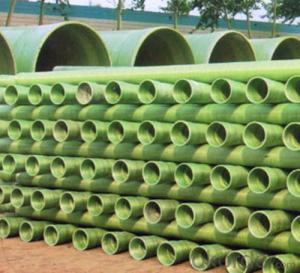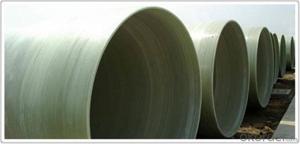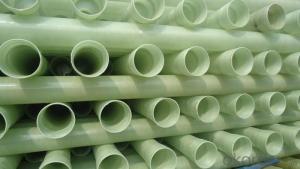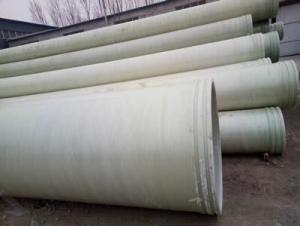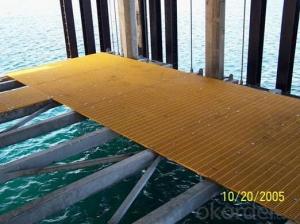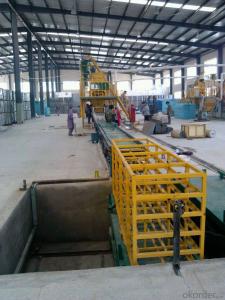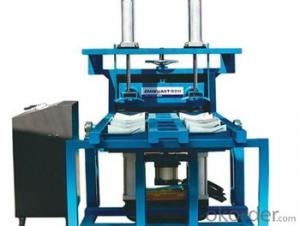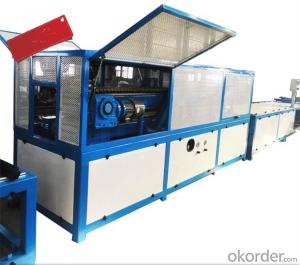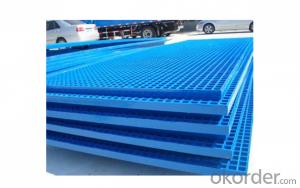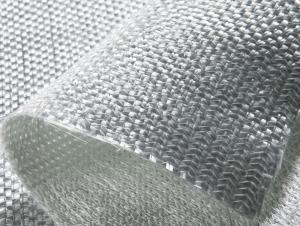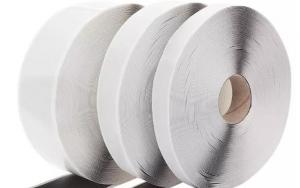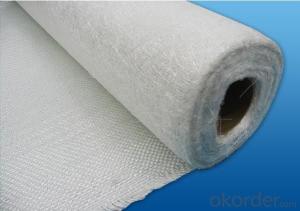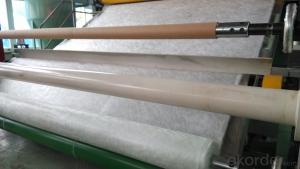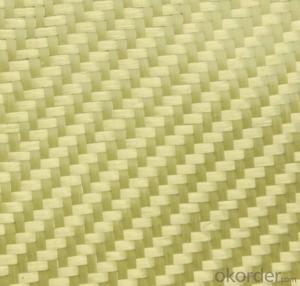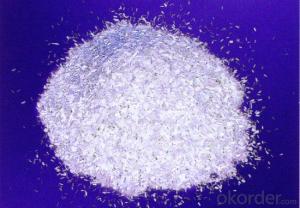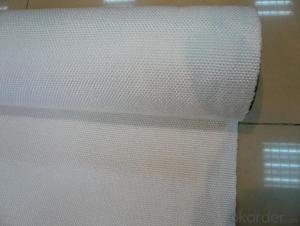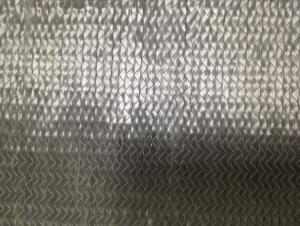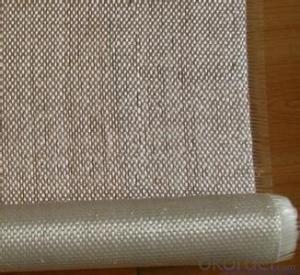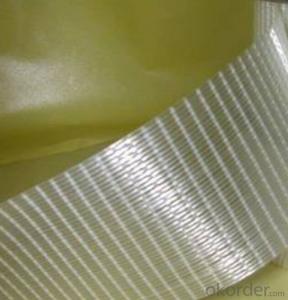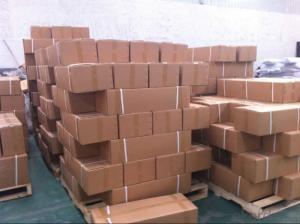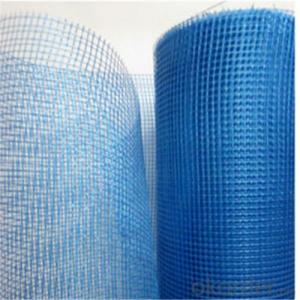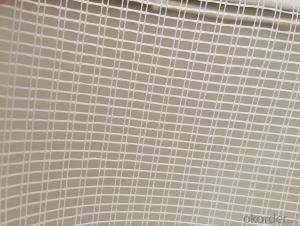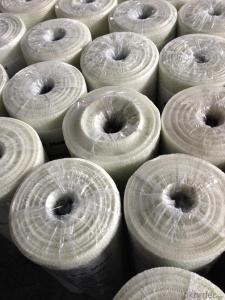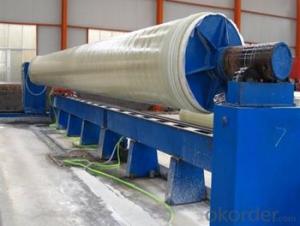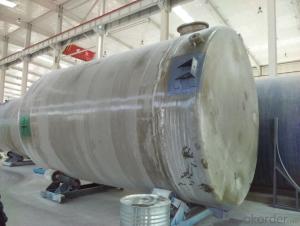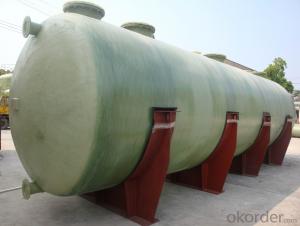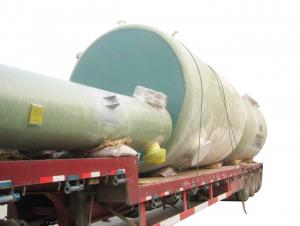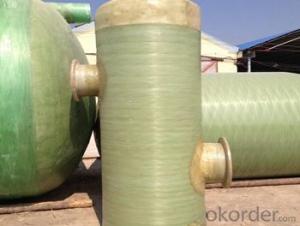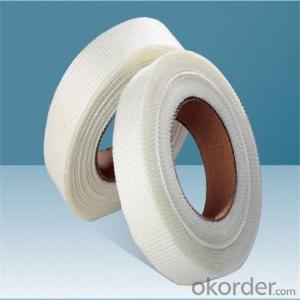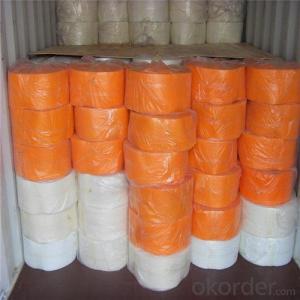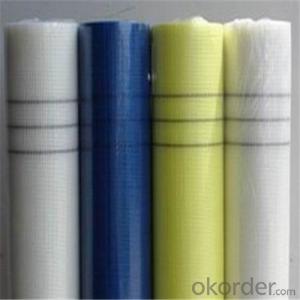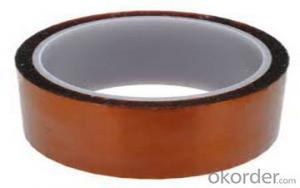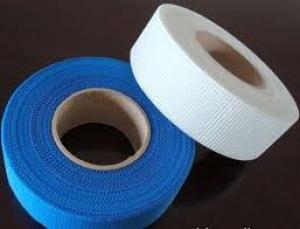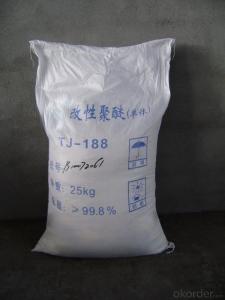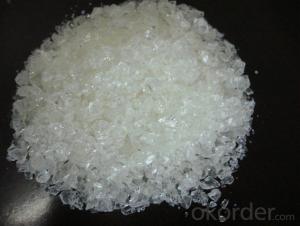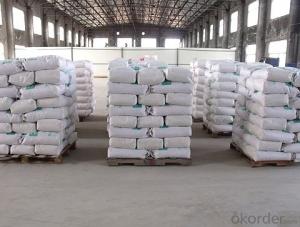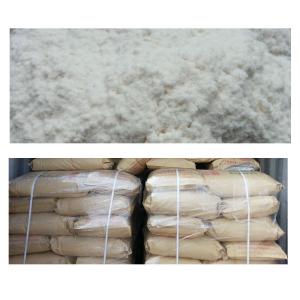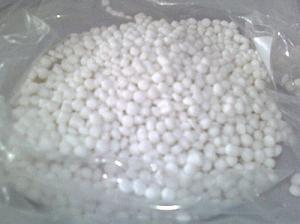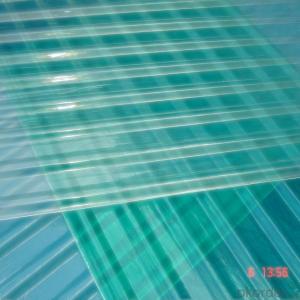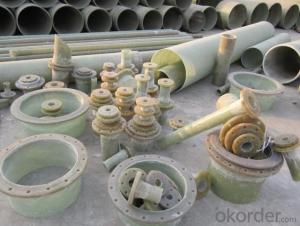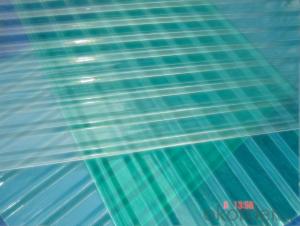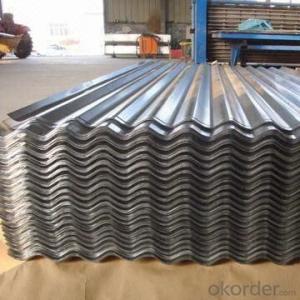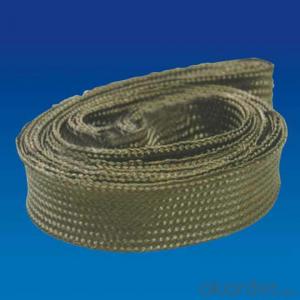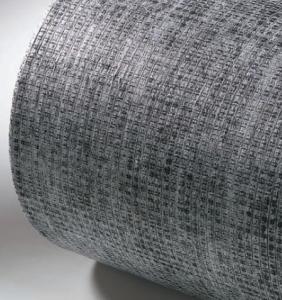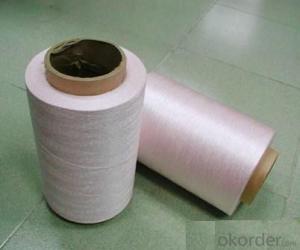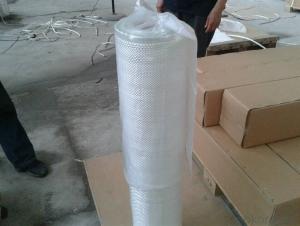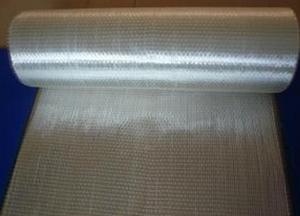All Categories
- - Steel Wire Rod
- - Steel Coils
- - Steel Profiles
- - Steel Pipes
- - Stainless Steel
- - Tinplate
- - Special Steel
- - Steel Sheets
- - Steel Rebars
- - Steel Strips
- - Hot Rolled Steel
- - Cold Rolled Steel
- - Pre-painted Steel
- - Seamless Steel Pipe
- - Welded Steel Pipe
- - Hollow Steel Tubes
- - Galvanized Pipe
- - Stainless Steel Coil
- - Stainless Steel Sheet
- - Stainless Steel Plate
- - Stainless Steel Strips
- - Electrolytic Tinplate Coil
- - Electrolytic Tinplate Sheet
- - Stainless Steel Rebars
- - Solar Panels
- - Solar Water Heater
- - Solar Related Products
- - Solar Inverter
- - Solar Cells
- - Solar Light
- - Solar Energy Systems
- - Solar Controllers
- - Solar Mounting System
- - Solar Pump
- - Solar Chargers
- - Fiberglass Chopped Strand
- - Fiberglass Mesh Cloth
- - Composite Pipes
- - FRP Pultrusion Profiles
- - Fiberglass Mat Tissue
- - Fiberglass Fabrics
- - Fiberglass Mesh
- - Composite Tank
- - Fiberglass Mesh tape
- - Polymer
- - FRP Roofing Panel
- - Fiberglass Roving
- - Monolithic Refractories
- - Ceramic Fiber Products
- - Refractory Bricks
- - Raw Materials For Refractory
- - Suspended Platform
- - Cranes
- - Concrete Machinery
- - Earthmoving Machinery
- - Building Hoist
- - Road Building Machinery
- - Plastic Pipe Fittings
- - Plastic Tubes
- - Plastic Sheets
- - Agricultural Plastic Products
- - Plastic Nets
 All Categories
All Categories
Fiberglass Chopped StrandView More
Fiberglass Mesh ClothView More
Composite PipesView More
FRP Pultrusion ProfilesView More
Fiberglass Mat TissueView More
Fiberglass FabricsView More
Fiberglass MeshView More
Composite TankView More
Fiberglass Mesh tapeView More
PolymerView More
FRP Roofing PanelView More
Fiberglass RovingView More
Q & A
How is the strength of fiberglass measured?
The strength of fiberglass is typically measured using tensile strength tests, which involve applying a pulling force to a sample of the material until it breaks. This test helps determine the maximum amount of stress the fiberglass can withstand before it fails.
How does fiberglass perform in high-temperature applications?
Fiberglass performs well in high-temperature applications due to its excellent heat resistance properties. It can withstand temperatures up to 1000°F (538°C) without compromising its structural integrity or mechanical properties. Additionally, fiberglass is a poor conductor of heat, making it ideal for insulation purposes in high-temperature environments.
Can fiberglass supply be used for sound insulation?
Yes, fiberglass supply can be used for sound insulation. Fiberglass is an effective material for absorbing sound waves due to its porous nature, which helps to reduce noise transmission and improve acoustic insulation in various applications such as walls, ceilings, and floors.
How do you remove fiberglass from clothing?
To remove fiberglass from clothing, start by gently shaking off any loose fibers. Avoid rubbing or brushing the affected area, as it can embed the fibers deeper into the fabric. Next, carefully remove the clothing and rinse it under running water to dislodge any remaining fiberglass particles. After rinsing, wash the clothing separately using a washing machine, preferably on a delicate cycle, with warm water and a mild detergent. It's important to thoroughly clean your washing machine afterward to prevent fiberglass transfer to other items. Lastly, inspect the clothing after washing to ensure all fiberglass is removed. If any fibers remain, repeat the process or consider discarding the garment to avoid potential irritation.
Can fiberglass be used for underground piping?
Yes, fiberglass can be used for underground piping. It is a strong and durable material that is resistant to corrosion, making it suitable for various underground applications, including piping systems.
Wholesale Fiberglass Supply from supplier in Israel
We understand the unique requirements of the Fiberglass Supply industry and can provide tailored solutions to meet your specific needs. Whether you are looking for raw materials, finished products, or customized solutions, we have the expertise and resources to deliver high-quality products at competitive prices.
Our team of experienced professionals is dedicated to providing excellent customer service and technical support. We can assist you in selecting the right products for your project, providing detailed quotations, and ensuring timely delivery of your orders.
As a subsidiary of CNBM, one of the largest building materials companies in the world, we have access to a vast network of suppliers and resources. This allows us to offer a wide range of Fiberglass Supply products, including fiberglass insulation, fiberglass reinforced plastics, fiberglass fabrics, and more.
We have built strong relationships with manufacturers and suppliers, enabling us to negotiate competitive prices and ensure consistent product quality. Our commitment to customer satisfaction has earned us a reputation for reliability and professionalism in the industry.
Whether you are involved in construction, manufacturing, or any other industry that requires Fiberglass Supply products, we are here to meet your needs. Contact us today to discuss your requirements and discover how we can help you achieve your project goals.
Our team of experienced professionals is dedicated to providing excellent customer service and technical support. We can assist you in selecting the right products for your project, providing detailed quotations, and ensuring timely delivery of your orders.
As a subsidiary of CNBM, one of the largest building materials companies in the world, we have access to a vast network of suppliers and resources. This allows us to offer a wide range of Fiberglass Supply products, including fiberglass insulation, fiberglass reinforced plastics, fiberglass fabrics, and more.
We have built strong relationships with manufacturers and suppliers, enabling us to negotiate competitive prices and ensure consistent product quality. Our commitment to customer satisfaction has earned us a reputation for reliability and professionalism in the industry.
Whether you are involved in construction, manufacturing, or any other industry that requires Fiberglass Supply products, we are here to meet your needs. Contact us today to discuss your requirements and discover how we can help you achieve your project goals.
